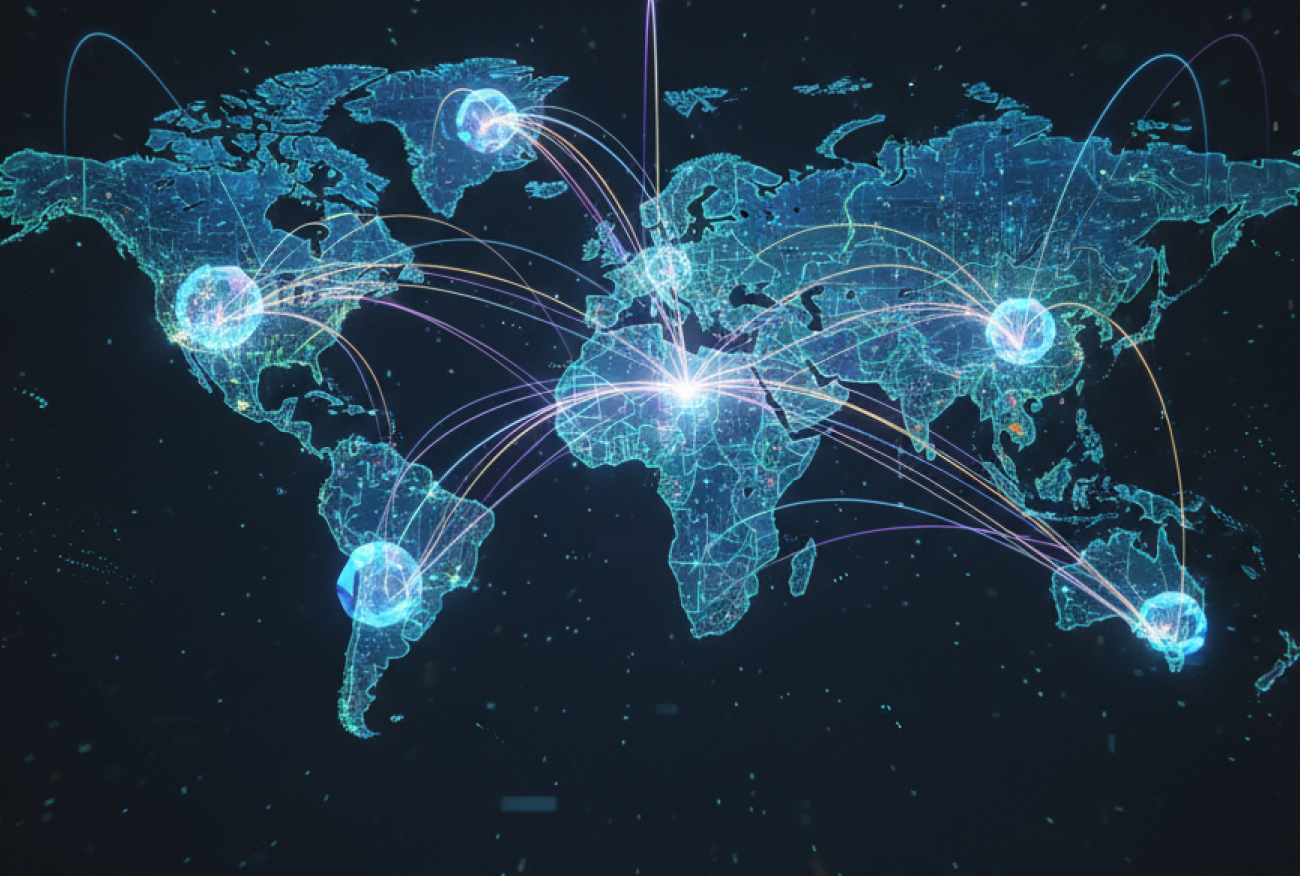AI Weekly Wrap: AI’s Expanding Empire - October 27 to November 2, 2025

In the grand theatre of artificial intelligence, this week brought decisive moves across hardware, policy, and the creative frontier.
1. Analog Devices Pushes AI to the Edge: On 3 November 2025, Analog Devices unveiled CodeFusion Studio 2.0, a major update to its open-source development platform designed to simplify AI deployment in embedded systems. This move signals an acceleration of the edge-AI revolution - taking intelligence out of the cloud and embedding it directly into physical devices, from industrial sensors to smart vehicles. The emphasis is on reducing latency, increasing data privacy, and cutting power consumption.
2. Nations and Markets Tighten Their Grip on AI Strategy: Markets rallied this week following reports of a US-China trade truce and new pledges for AI infrastructure investment, pushing semiconductor and cloud-compute stocks upward. Simultaneously, Canada reiterated its stance on AI risk management and governance, calling for transparency standards and oversight to match the speed of development. These developments reflect the geopolitical turn of artificial intelligence where AI is now a lever of both economic growth and national security strategy.
3. Infrastructure and Creativity Feel the AI Shockwave: This week also saw significant AI infrastructure deals and creator-economy tension. Cloud-service firm CoreWeave expanded its partnerships for large-model hosting, signalling ongoing demand for alternative compute providers beyond the Nvidia ecosystem. Meanwhile, content-creation sectors continue to debate AI-training ethics and royalties, as artists, publishers, and studios re-evaluate licensing models for datasets used in generative AI.
4. Hardware Rivalries Intensify: Following the late-October reveal of Qualcomm’s AI200 and AI250 inference systems, the AI hardware wars have shifted to focus on efficiency and inference performance rather than raw training power. At the same time, Nvidia’s agreement to supply 260,000 Blackwell chips to South Korea underscores the rise of sovereign AI programs, where entire nations are building localized compute and data ecosystems.
The Broader Picture
AI’s empire continues to expand on three fronts:
- Hardware sovereignty where nations and companies seek independence from U.S. and Chinese supply chains.
- Edge intelligence where devices themselves become the compute engines.
- Ethical economy where creators, consumers and regulators battle for fairness in data and output.
References:
1. https://www.stocktitan.net/news/ADI/analog-devices-unveils-code-fusion-studio-tm-2-0-to-simplify-and-5azf3dkdcizi.html
2. https://www.reuters.com/world/china/global-markets-wrapup-1-2025-11-03/
3. https://www.hilltimes.com/story/2025/11/03/government-must-balance-ai-development-with-risk-management/480378/
4. https://www.quiverquant.com/news/CoreWeave%2BStock%2B%28CRWV%29%2BOpinions%2Bon%2BAI%2BPartnerships%2Band%2BMerger%2BDevelopments
5. https://www.tomshardware.com/tech-industry/artificial-intelligence/qualcomm-unveils-ai200-and-ai250-ai-inference-accelerators-hexagon-takes-on-amd-and-nvidia-in-the-booming-data-center-realm6. https://www.reuters.com/business/media-telecom/nvidia-supply-more-than-260000-blackwell-ai-chips-south-korea-2025-10-31/

